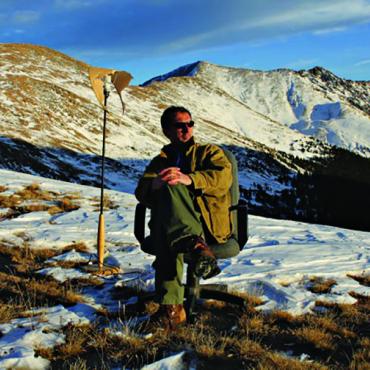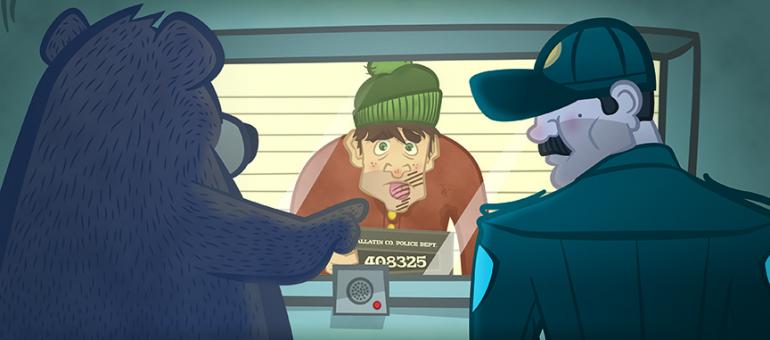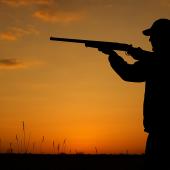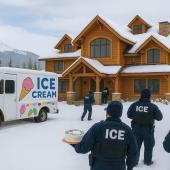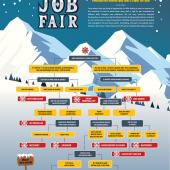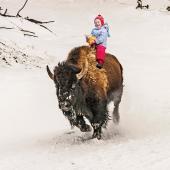Human Hibernation
A vision of a better world.
I have a friend with a lively mind. To save money on Christmas lights, she parks her car in the driveway with the hazards blinking, creating a warm Martha-Stewart-shacked-with-the-Pep-Boys holiday look. She’s always a good person to ski with for offbeat chairlift conversation. One winter day, while catching first tracks together, we agreed that if humans adopted the lifestyles of bears, the planet as we know it would improve.
This wasn’t an easy point for me to concede. I’ve always resented bears for the double standards they enjoy. I could never understand why if a bear gets caught licking someone’s backyard grill, it gets relocated to a pristine forest. Yet if I get caught licking someone’s backyard grill, it’s called a misdemeanor.
Regardless of my bear bias, I applaud their hibernation know-how. It’s an underappreciated skill, more associated with sloth than genius. But as Gandhi once said, “There’s more to life than increasing its speed.” More to life, indeed.
If adopted by Americans, hibernation would serve as the ultimate act of conservation. Zero road traffic coupled with limited electricity use for almost half a year would allow the nation to become energy-independent. Free from the tangle of protecting overseas oil interests, tax dollars would be used for improving education, maintaining national parks, paving roads, and maybe even buying Smokey the Bear a shirt.
No hard sell would be required. Not in a nation whose food pyramid has drive-thru windows. Most Americans would happily consent to hibernation when informed their yearly goals consisted only of gaining 800 pounds and sleeping for five months.
There would, however, be complications for sleepwalkers. After five months they’d find themselves nine states away with blistered feet. Recognizing a need, Patagonia would release a line of Gore-Tex pajamas, nightgowns, and baby dolls. Each would come with individual mesh pockets for passport, wallet, and toiletries. And Vasque would begin selling waterproof high-cut slippers with Vibram soles, perfect for all sleepwalking terrain including lawns, pavement, and shag carpeting.
Personal hygiene would take an ugly beating. We look bad enough after eight hours of sleep. Imagine us after five months. Combing hair would require morphine. Botox would be the only cure for pillow-crease-indented foreheads. And hibernation morning breath would rival the fumes found in Syrian chemical-weapons labs.
Alarm-clock manufacturers would need to adjust alarm settings. Instead of going off every nine minutes, snooze buttons would be reprogrammed to go off every nine days.
“Honey, what day is it?”
“March 16.”
“I don’t have to be to work until April 4. Hit the snooze button and give me another week of sleep. And by the way, you were great last November.”
And ultimately national pride would take a hit. For the first time, southern-hemisphere nations would dominate in the winter Olympics. Upon waking, North Americans would be sitting at their kitchen tables wondering why a Brazilian slalom skier named Nacho Cortez adorns their Wheaties boxes.
On a personal level, forfeiting winter—my favorite season—and skiing—my favorite sport—would pose a mental challenge. But if hibernation’s conservation advantages stalled global warming, winters would linger. High-altitude ski areas could then remain open into May. Or even June. That would give me three months of uninterrupted spring skiing. Unless I get arrested (hypothetically, of course) for licking someone’s barbecue grill.
Jeff Wozer works as a nationally touring standup comedian while operating from a secluded mountain perch. More of his musings can be found at jeffwozer.com.


